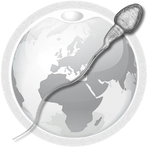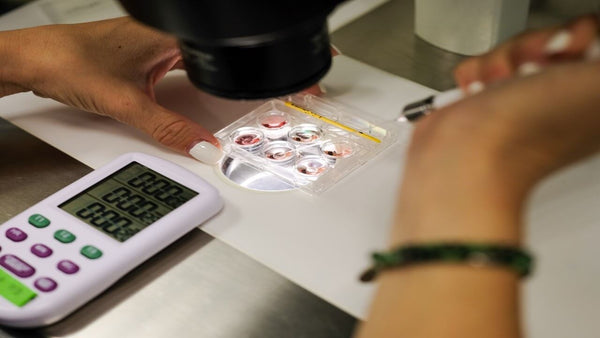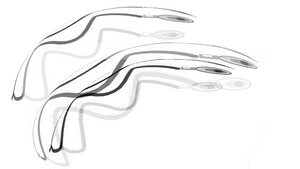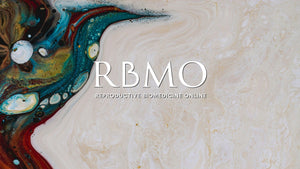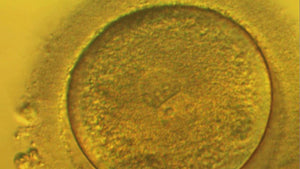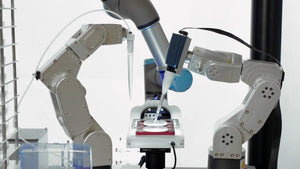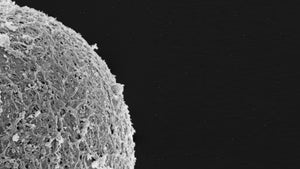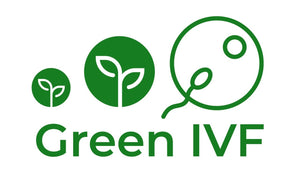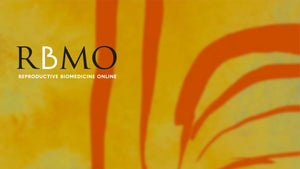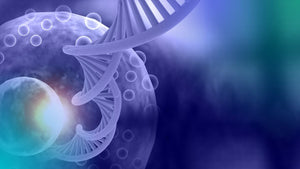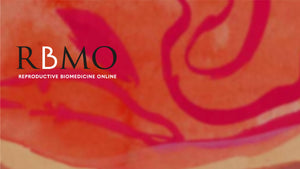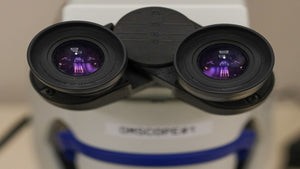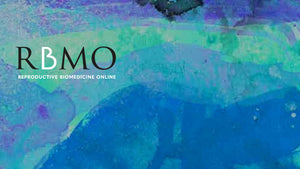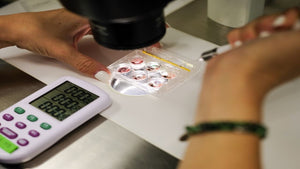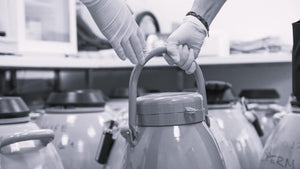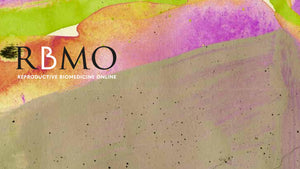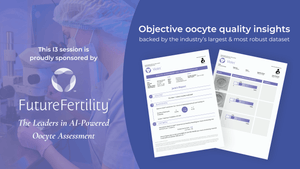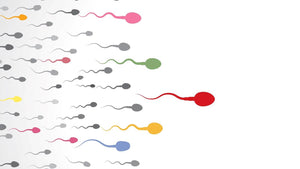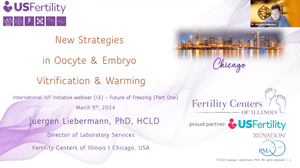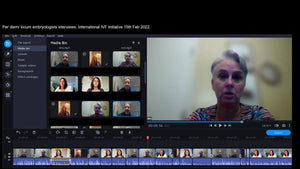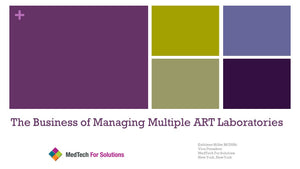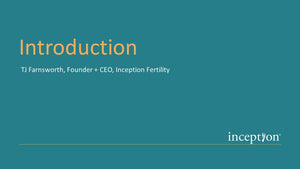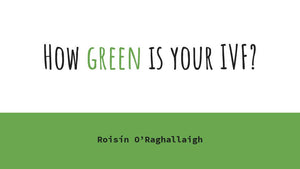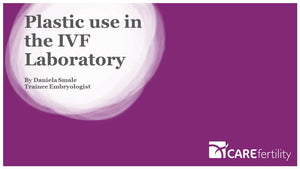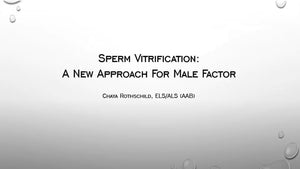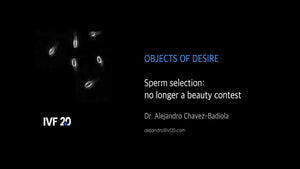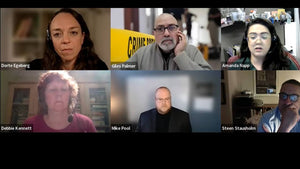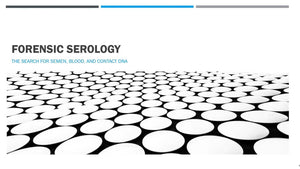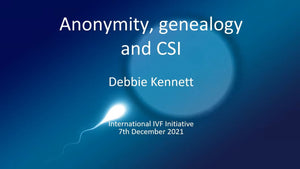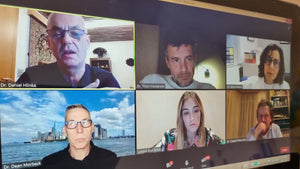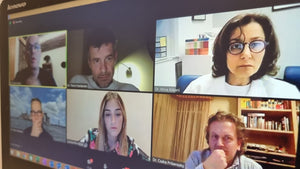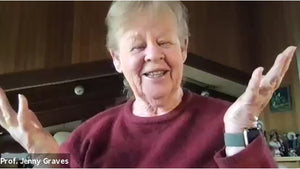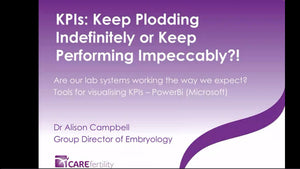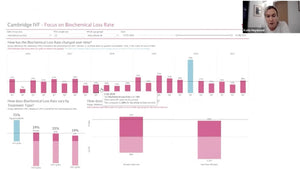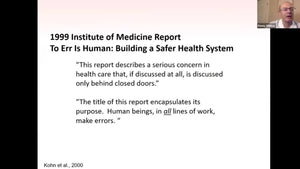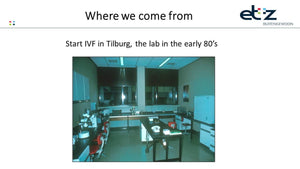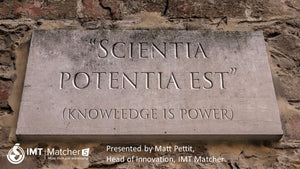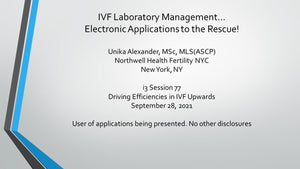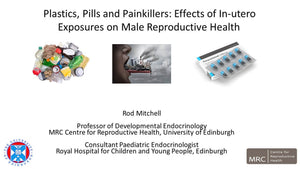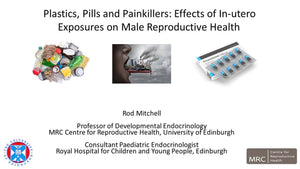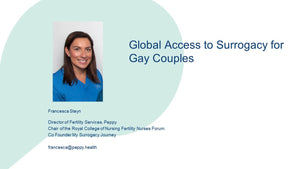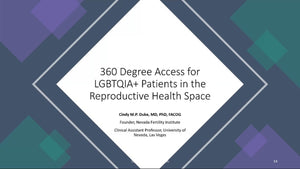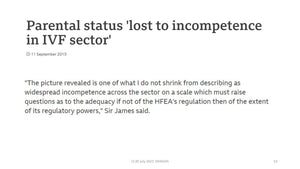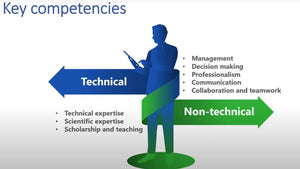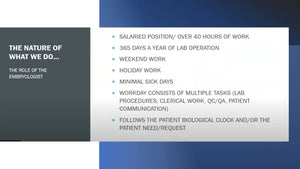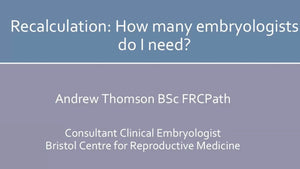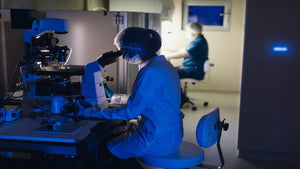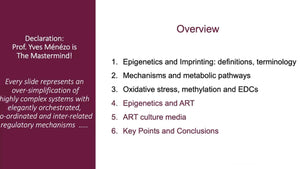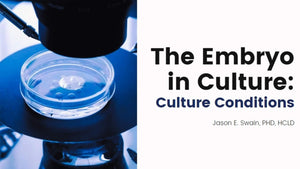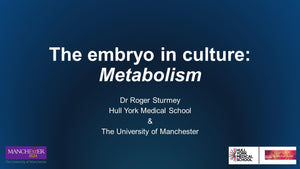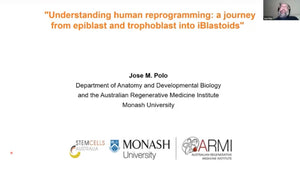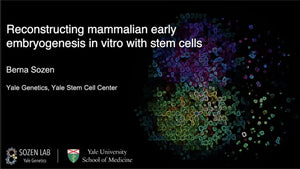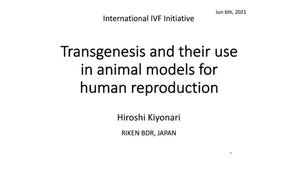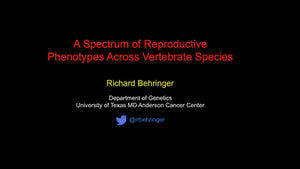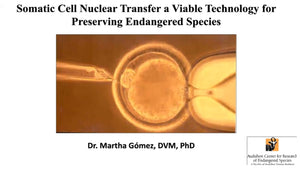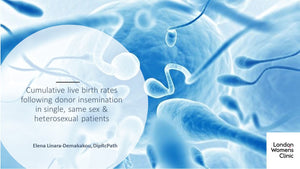Session 131: UP CLOSE AND CLINICAL

Donate
At the International IVF Initiative, we are committed to providing free access to our educational sessions, webinars, and resources for professionals and individuals passionate about advancing reproductive medicine. We believe that cost should never be a barrier to knowledge and collaboration. By contributing, you’re ensuring that valuable educational resources, expert insights, and collaborative opportunities remain open to all without financial barriers. Together, we can continue to foster a global community dedicated to innovation and excellence in the field of IVF.
Your Donation
Thank you!
Session 131: UP CLOSE AND CLINICAL
3pm ET/ 8pm UK/ 9pm CET, Tuesday 23rd April 2024.
Synopsis:
The webinar titled "Up Close and Clinical" held on April 23, 2024, served as a platform for in-depth discussions on advancements in assisted reproduction. Led by esteemed moderators Dr. Rita Vassena and Dr. Kathy Miller, both renowned figures in clinical embryology and assisted reproduction research, alongside panelist Dr. Sergio Papier, a clinic owner with hands-on experience in utilizing AI in clinical settings, the webinar offered insights into cutting-edge techniques and their clinical implications.
A central theme of the webinar was the evolving landscape of the IVF industry, particularly in light of technological integration and the shifting global climate concerning reproductive rights, notably in the United States. Dr. Vassena set the stage with her introductory remarks, contemplating the challenges and aspirations associated with achieving widespread access to infertility treatment.
Throughout the session, recent scientific publications were dissected, shedding light on critical aspects of clinical relevance concerning new technologies. Dr. Danilo Cimadomo's systematic review and meta-analysis on the perplexing issue of why euploid blastocysts fail to implant provided valuable insights into improving IVF success rates. Furthermore, Jullin Fjeldstad's exploration of an artificial intelligence tool capable of predicting blastocyst development from static images of fresh mature oocytes showcased the potential of AI in enhancing clinical outcomes.
Dr. Molly Johnson's examination of storage trends, usage patterns, and disposition outcomes following egg freezing underscored the importance of informed decision-making and long-term planning in reproductive medicine.
The webinar concluded with a spirited Q&A session, where attendees eagerly engaged with the panelists, reflecting the audience's anticipation and enthusiasm for the topics discussed. "Up Close and Clinical" served as a thought-provoking forum, fostering dialogue and collaboration within the assisted reproduction community to address the multifaceted challenges and opportunities shaping the field.
This webinar was kindly sponsored by Future Fertility
Moderators:
Dr. Rita Vassena and Dr. Kathy Miller
Panelist: Dr. Sergio Papier
Presentations:
Moonshots and last miles: what it may take to treat
infertility for all- Dr. Rita Vassena
Opening the black box: why do euploid blastocysts fail to
implant? A systematic review and meta-analysis- Dr. Danilo Cimadomo
An artificial intelligence tool predicts blastocyst
development from static images of fresh mature oocytes- Jullin Fjeldstad
Storage trends, usage and disposition outcomes following egg
freezing- Dr. Molly Johnson
Q and A
Dr. Rita Vassena
Dr. Vassena is the co-founder and director of Fecundis, a company dedicated to the development of innovative treatments for infertility. Before this position, Dr.Vassena has been the global Scientific Director of the Eugin Group. She has more than 20 years of experience in the field of reproduction with more than 120 publications in peer reviewed international journals and book chapters. Dr.Vassena is also a two-terms former member of the Executive Committee of ESHRE (European Society for Human Reproduction and Embryology), the largest international scientific society dedicated to human reproduction and embryology. She currently serves on the Executive Committee of the Spanish Fertility Society and is an advisor to several startup companies in the fertility space.
Dr. Kathy Miller
The author of more than 100 abstracts, papers and chapters on fertility and ART. Dr. Miller is known for research advances in the field of blastocyst culture, PGT and AI as well as a leading expert in laboratory management, QI programs, and single embryo transfer. Since 2014, she has been the managing editor of the IFFS Surveillance initiated in 1998 by Drs. Howard Jones, Jr. and Jean Cohen, assessing global practices of ART.
Dr. Miller is also the Chief Scientific Officer of Innovation Fertility/MedTech For Solutions and leads the laboratory team specializing in the implementation of cutting-edge ART technologies, laboratory management and state of the art laboratory design and build out. In 2017, Dr. Miller created the OvaTools Training Institute in Fort Lauderdale. The Institute provides academic and theoretical knowledge in ART and genetics with hands-on technical training in a focused and supervised learning environment at the ART training facility.
Dr. Sergio Papier
Dr. Papier is a Reproductive Medicine Specialist and Medical Director at the Cegyr and Novagen.
Director of the executive committee of the Latin-American Association of Reproductive Medicine (ALMER).
Past President of the Argentinian Society of Reproductive Medicine (SAMER) and the Latin-American Association of
Reproductive Medicine (ALMER).
Dr. Danilo Cimadomo
Dr Cimadomo is Innovation in Embryology Director and Science and Research manager Italy of IVIRMA Global Research Alliance. He has authored >130 papers. He is Basic Science officer and Coordinator Elect of the ESHRE SIG Implantation and Early Pregnancy, Associate Editor of Human Reproduction and Section Editor in Clinical Embryology of Reproductive BioMedicine Online. He participated to the ESHRE working groups updating the GPRs for embryo biopsy, and for RIF management. He coordinates the Master “Biology and Biotechnology of Reproduction: from Research to Clinics” at the University of Pavia.
Jullin Fjeldstad
Jullin Fjeldstad began her fertility career at the Victoria Fertility Centre in 2007, quickly becoming a senior embryologist and successfully holding the position of laboratory director for several years. She has a BSc. in Biology from the University of Victoria, Canada and a MSc. in Clinical Embryology from the University of Leeds, UK; achieving distinction in both areas. She has always held a passion for innovative ART technologies aimed to improve the fertility journey and patient IVF outcomes. Today, Jullin is the Head of Clinical Embryology and Scientific Operations for Future Fertility. She works closely with partnering clinics to ensure smooth onboarding of innovative AI-based tools within their laboratories. Additionally, she oversees Future Fertility’s scientific project collaborations, bringing research findings to international fertility conferences.
Dr. Molly Johnson
Dr Molly Johnston is an early-career research fellow at the Monash Bioethics Centre, Monash University, Australia. Molly has a background in reproductive science but her current research falls within the intersection between social science, bioethics, and regulation.
Molly is currently working on projects that address the ethical, social, and regulatory aspects of technology innovation in human reproduction, including non-invasive prenatal testing (NIPT); egg freezing, disposition and donation; the use of machine learning for embryo assessment in assisted reproduction; and mitoHOPE, the clinical trial for mitochondrial donation in Australia.
Molly has presented at 20+ academic meetings, with seven of these international and eight by invitation. She frequently contributes to industry forums and public discussions on matters related to (in)fertility, egg freezing, and egg donation.
